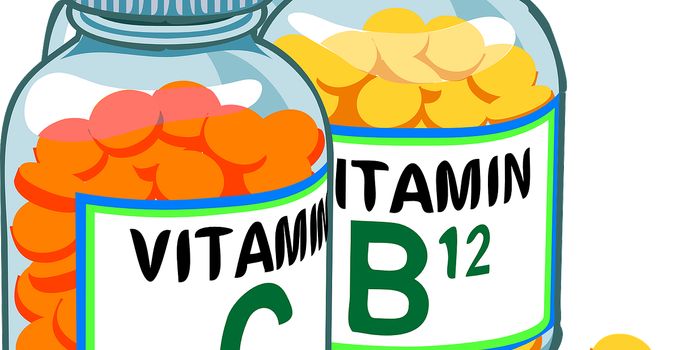A new study adds an important consideration for pregnant women who suffer from depression: use of
antidepressants during pregnancy is now linked to speech disorders in their kids.
The study surveyed 56,000 children born in Finland between 1996 and 2010. The goal was to identify any corroborating evidence between developmental disorders, like speech and language impairment, and the mother’s health history – specifically, her use of antidepressants during pregnancy.

In the course of the 14-year study, the team found that children born to depressed mothers who bought and used antidepressants during pregnancy had a 37 percent increased risk for speech or language disorders. This is compared to mothers who suffered from depression but did not take antidepressants. The risk is even more staggering at 63 percent increase when compared to healthy mothers.
"When you have relative risks that are 1.37, they're considered to be low. But because so many people are exposed -- 6% to 10% of mothers are exposed (to antidepressants) throughout the world -- it's increasing the public health burden," said Alan Brown who led the investigation. His point is that increased risks would increase the public health costs overall. "I don't think individuals have to worry about this, but I do think at the population level, it makes a very big difference," Brown added.
While evidence for this link is compelling, scientists are still working to understand how prenatal antidepressant exposure affects the baby’s speech later in life. One general hypothesis implicates antidepressants in the development of the baby’s brain, particularly regions involved with speech and language. Still, scientists can’t rule out the effect of maternal depression itself on the baby’s development.
Still, the link poses tough questions for health providers and patients. Should expectant mothers use antidepressants? The answer isn’t so cut and dry.
Speech impairment is one factor to consider when treating maternal depression, but there are other factors too. For example, Alan Brown, lead author of the study, points out that the severity of the woman’s depression may warrant use of antidepressants, despite the risks. Severe depression can be crippling and lead to suicidal thoughts – risks that may be several times more detrimental than those posed by antidepressants. Furthermore, previous studies have implicated untreated depression to miscarriage and birth defects, highlighting the dangers of the wait-and-see approach.
Still, other studies have linked SSRIs, a common class of antidepressants, with autism in babies.
These complicated links suggest a singular approach to antidepressant use during pregnancy won’t be sufficient. Likely, patients and their doctors will have to make a best-informed choice by weighing the risks and benefits as it pertains to them.
Additional sources:
CNN,
LiveScience




















































